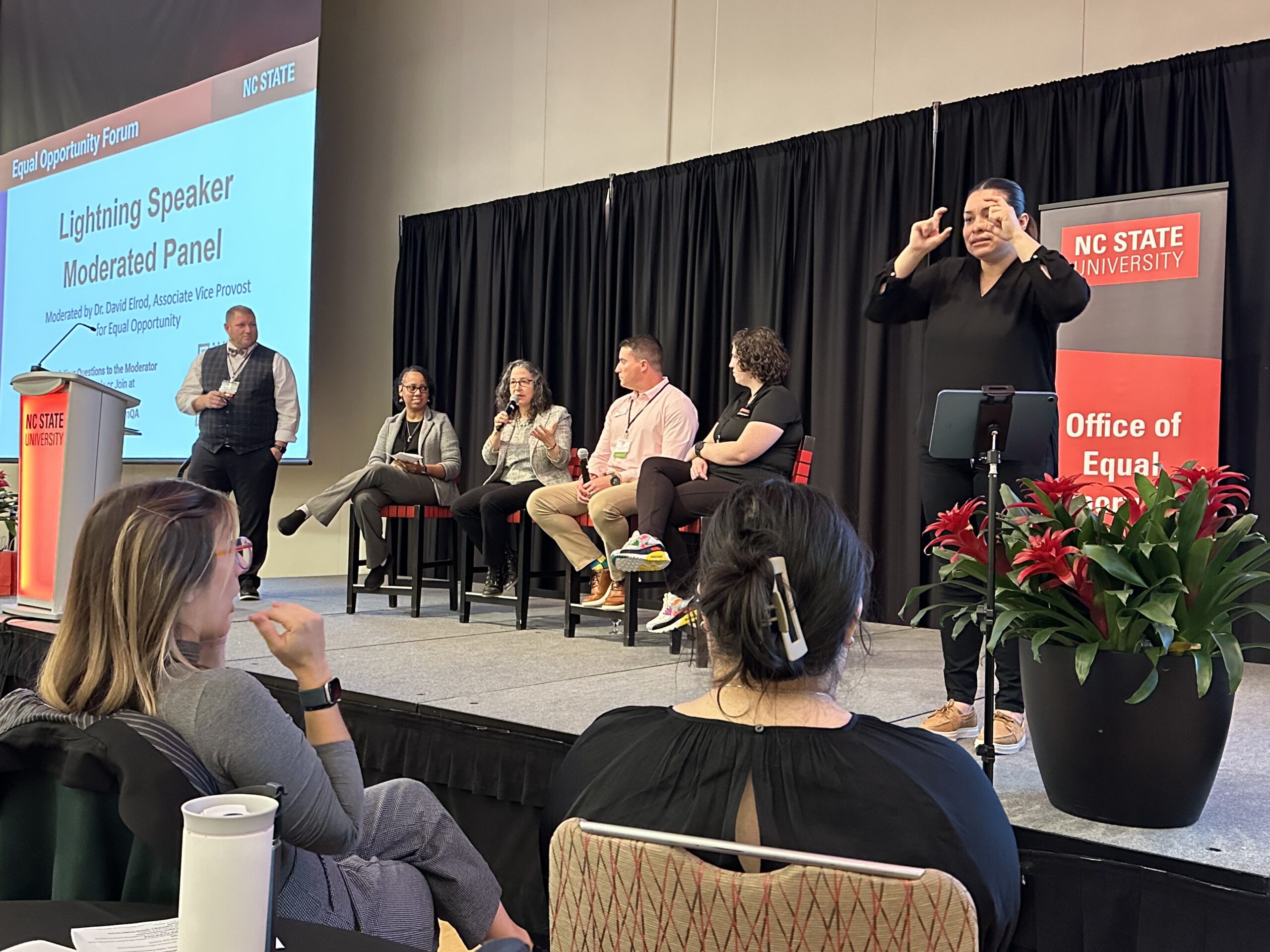#ThinkAndDo: The Flint Water Crisis

The greatest thing about equity and social justice work is that there is room for contribution from people of all walks of life and within any area of expertise. At NC State, as we think and do, we should constantly challenge ourselves to think of and do for others. As NC State cultivates the next generation of thought leaders and activists, how can we be good global citizens, using our respective skills to support those most in need?
The Flint community needs you. Flint, Michigan, a town seventy miles outside of Detroit, Michigan is home to 100,000 residents, forty percent of whom live in poverty. A state plan that attempted to save money on Flint’s water bills backfired when an April 2014 switch in the water supply resulted in severe damage to the water supply system and the lead poisoning of thousands of Flint residents— including children. Researchers lead by Marc Edwards, an environmental engineering professor at Virginia Tech, worked with Flint residents like stay-at-home mother Leeanne Walters, to discover the hazardous levels of lead in Flint’s water. Prior to the water source change, 2.4% of children younger than 5 had elevated blood lead levels in Flint, after the change that number jumped to 4.9%. A sample of Walters’ water found lead levels of 104 and 397 parts per billion, far above the threshold of 15 ppb that puts a federally mandated response plan into motion.
Not only is the water in Flint unsafe to drink, it is also unsafe to use for bathing and brushing teeth. Residents have reported brown and yellow water coming from their taps and many children have shown signs of lead poisoning. While several companies and celebrities have donated water and money to Flint, it is the unrelenting activism of Flint residents that ultimately led local and state-level leaders to respond. The infrastructure damaged as a result of the water crisis will take billions to repair. Exposure to high amounts of lead can cause anything from miscarriages and low birth weight for babies to increases in learning disabilities and decreases in impulse control. There is no doubt that the citizens of Flint were failed at every turn and the true impact of the crisis in Flint won’t be known for several years.
Most Americans can’t imagine a world where they don’t have access to clean water. The reality however, is that poor rural communities across the United States, including many in North Carolina, have been denied equal access to clean drinking water for decades. As a “think and do” community, we must ensure that our contribution to the world ensures that Flint’s crisis is never repeated. That requires more than donations of water bottles and the sharing of infographics. Flint, like many poor, rural communities, needs innovative environmental scientists, dedicated journalists, perceptive pediatricians, brilliant economists and talented political scientists working together to ensure that our most vulnerable communities have access to a fundamental need: water. How can you make equity and social justice a part of your thinking and doing?
For more information, or to donate to the residents of Flint, Michigan, visit: Flint Water Study.
Jordyne Blaise is an NC State equal opportunity officer in the Office for Institutional Equity and Diversity.
NC State Helping Flint
Students from NC State are currently fundraising to send money to United Way to get clean water to those in need in Flint, Michigan.
 NC State’s National Panhellenic Council (NPHC) and other campus partners have set a goal to raise $1,000 to send to the United Way of Genesee County. In the coming days, please be on the lookout for these students tabling in Talley, as they are waging a “Penny War” to see who can collect the most points through penny donations. Please inform your colleagues, friends and peers who would be interested in getting involved with this effort.
NC State’s National Panhellenic Council (NPHC) and other campus partners have set a goal to raise $1,000 to send to the United Way of Genesee County. In the coming days, please be on the lookout for these students tabling in Talley, as they are waging a “Penny War” to see who can collect the most points through penny donations. Please inform your colleagues, friends and peers who would be interested in getting involved with this effort.
Each organization that participates will be responsible for:
- Providing a money receptacle (preferable a clear jug of some kind). Feel free to decorate it and put your name on it!
- Promoting the Penny War to the rest of campus.
- Categories:


